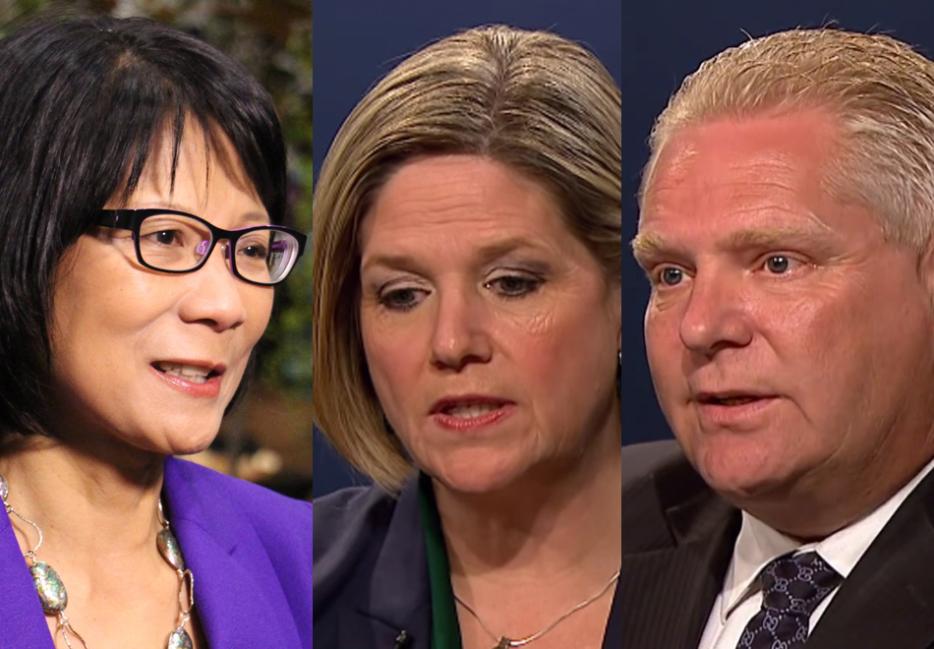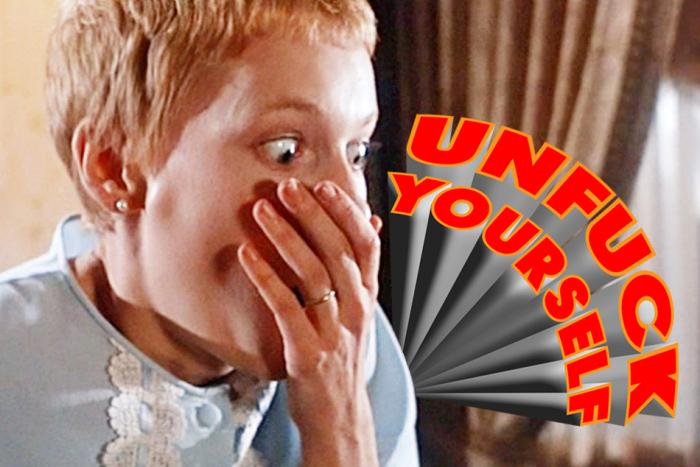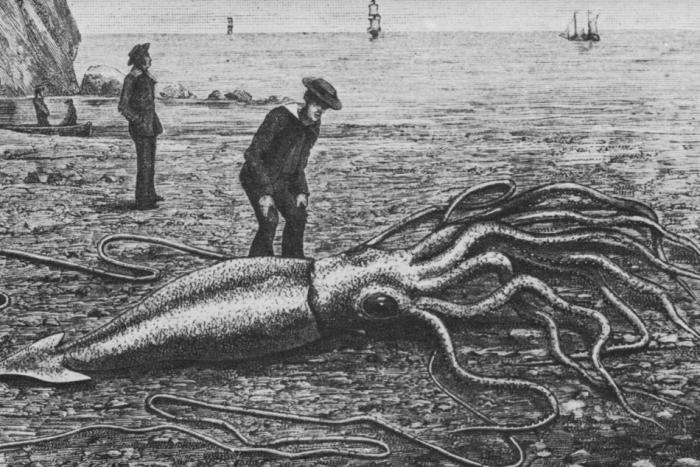We are not, in fact, obliged to hand it to Doug Ford. When he looks at the Liberal win last week in Ontario and sees a sign that his brother Rob can also be re-elected as Toronto’s mayor this fall, that’s not a masterful use of spin—that’s a drowning man having been thrown an anchor and trying to wear it as a life vest.
Doug, admittedly, has a tough job: the evident facts of the matter do not actually look good for Rob Ford. The successful re-election of the party the Fords hate, led in Kathleen Wynne by a (yes, openly gay) woman whose success is in large measure due to her perceived authenticity, holds little good news for Toronto’s homophobic mayor, whose failures are due in full measure to his proven lies.
And if Wynne’s success managed to exceed the easy cynicism about Ontario politics (neither her gender, nor her sexuality, nor even her role as an MPP with a 416 area code mattered in this election), Ford’s failures, both past and future, are because he always manages to live down to that same cynicism.
Beyond the symbolism of it, the Fords were defeated as thoroughly as it’s possible to be defeated in an election in which you aren’t a candidate. There was, after all, a leader explicitly, loudly espousing Rob Ford’s “subways or bust” transit policy: that person was Tim Hudak, and he was shut out, once again, in Toronto, and managed to lose seats to Liberal and NDP challengers across the GTA. And now Hudak is going to lose his job, and the jury’s still out whether he’ll even be allowed to choose the timing of his departure.
Etobicoke-North—nominally the heart of Ford Nation, and the seat where Doug was rumored once upon a time to be considering a run for the provincial legislature—saw the Tory candidate come in third for the first time since the 1990 election, when it was parts of Etobicoke-Rexdale and Etobicoke-Humber and the angry protest vote coalesced around Bob Rae’s NDP.
And even if there’s any truth to the fact, as Doug says, that voters are willing to give people second chances, it’s utterly irrelevant in this universe, where Rob has burned through his second, and third, and fourth chances, and is basically reduced to hoping he’ll be rewarded for completing a stint in rehab without being recorded using illegal drugs. For a third time.
The Tories join the Fords in their repudiation inside the city limits, obviously, but the party is at least showing a scathing, if not cruel, self-criticism that suggests they’re willing to make some hard changes.
The NDP, however, have been almost entirely silent since last Thursday’s election, and the optimist in me hopes they’re thinking hard about their failure. And failure it was: in an election whose timing she chose, Andrea Horwath totally failed to achieve any of the objectives she set out for her party. The Liberals she hoped to replace as government were returned with an increased vote share that came, in part, by nearly wiping out Horwath’s own Toronto MPPs.
It’s no balm to say that neither the Liberals nor the NDP grew their share of the popular vote by more than a percent, since for the Liberals it means majority government and near-total control of the legislative process. For the NDP, it means trading the position of power broker for four years of echoing irrelevance.
Horwath has been warned since before the 2011 election that her emphasis on pocketbook populism, whatever its merits, wasn’t speaking the language of Toronto’s urban left. Indeed, to Toronto’s traumatized-since-2010 ears, she was unable to make the populist case without coming off sounding Fordish. The warning signs were there even in 2011—such as Rosario Marchese having the longest night of his political life in Trinity-Spadina—but the New Democrats ignored them, when they weren’t mocking the people raising the alarms, telling the party’s traditional Toronto supporters to get over themselves.
So last week, Toronto’s left, worried about the chances of a Premier Hudak but at least as tired of being dismissed, got over the NDP instead. In total vote share, Horwath led her party to third place, narrowly behind the Tories in this city where the memory of Mike Harris’ visceral disdain for us is still a very real political force.
It’s possible for leaders to change their parties, to pull them in new directions they previously would have considered unthinkable, and to win big. But you have to win to call it worthwhile. And last Thursday does not remotely count as a win, even if NDP successes elsewhere in the province balance out the losses in Toronto. It doesn’t mean the party is doomed in 2018, but it does mean they need to start taking Horwath’s critics seriously.
Intriguingly, the person who seems to actually be pulling off the trick Horwath has twice attempted and failed at is Olivia Chow. More successfully than I initially expected, Chow is managing to both speak to the left that will, inescapably, be her base in the October municipal elections, while also reaching out to people worried about allegedly big-spending government. I don’t have to agree with the insecurities of the fiscal conservatives in this town to acknowledge the political skill in courting them without ending up recycling Rob Ford’s talking points.
(It should go without saying that if Rob Ford was repudiated in last week’s elections, it’s bad news not just for him, but for the people trying to succeed him by saying they’ll follow his lead, minus the crack. Do I really need to elaborate on this?)
So sure, Rob and Doug Ford’s political antithesis won convincingly last week and will govern largely unchallenged for four years. And sure, the Fords are so politically toxic they won’t be allowed anywhere near the grownups’ table even after the Tories reconstitute themselves. And sure, even left-wing populism seems to alienate Toronto’s voters, and the right-wing version even more so. And sure, one of the only people who looks good coming out of all this is the woman whom polls suggest is still the most likely candidate to succeed Rob as mayor.
But aside from all that, Doug is totally right. Last week was full of good news for Rob.






